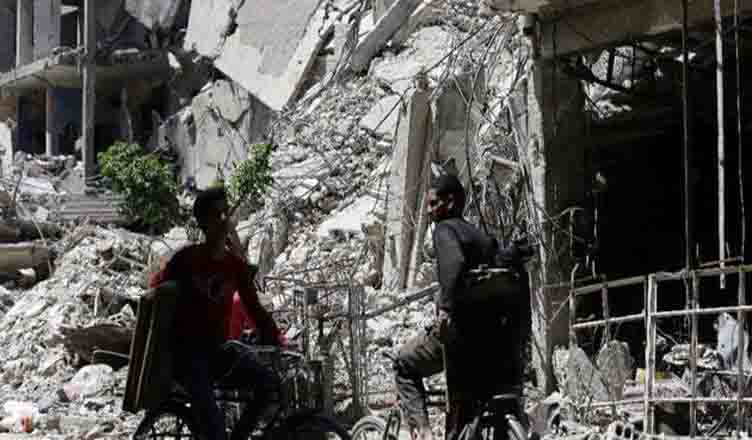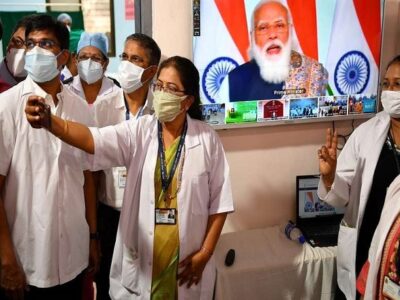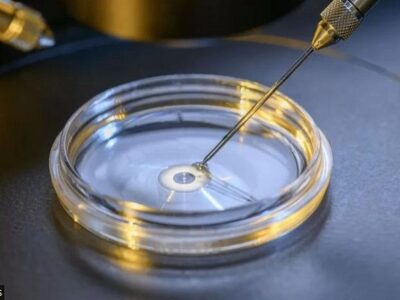(COLOMBO, LANKAPUVATH) –The deployment of chemical weapons inspectors into the Syrian city of Duma was delayed after unidentified assailants fired on a United Nations security team visiting the site of a suspected attack, an official said Wednesday.
The assailants shot at the U.N. team and detonated an explosive Tuesday, prompting the security team to return to Damascus, the capital, said Ahmet Uzumcu, director general of the Organization for the Prohibition of Chemical Weapons, or OPCW.
There were no injuries reported, but Uzumcu said that “at present, we do not know when the [fact-finding mission] team can be deployed to Duma.”
Rescue workers aligned with forces opposed to President Bashar Assad as well as medical and media activists accused the Syrian government of dropping deadly chemical munitions on Duma on April 7.
The attack, which killed more than 40 people and left hundreds wounded, was part of a government assault for control of eastern Ghouta, a collection of suburbs on the capital’s eastern flank that had been in rebel hands since 2012.
After the April 7 attack, opposition factions in the area ceded control of Duma. Syrian government forces moved into the city, while Chechen military police have kept vigil at its perimeter. Syrian and Russian troops as well as journalists have already accessed the site of the attack.
The U.S., Britain and France, which participated last week in a strike targeting what officials said were components of the Syrian government’s chemical weapons arsenal, have accused Damascus and Assad ally Moscow of obstructing the watchdog group’s work and tampering with the site.
Syria and Russia have denied responsibility for the April 7 attack and have accused opposition forces and Britain of staging it.
Syrian state media said Tuesday that inspectors had entered Duma. The government later said a U.N. advance team had reached the city.
State Department spokeswoman Heather Nauert said Tuesday that U.S. officials could not confirm whether the OPCW team had entered Duma and that any delay degrades evidence.
“We want [the OPCW] to be able to get in as quickly as possible, as safely as possible, but we also want that evidence to be as pure as possible for their investigation,” Nauert said.
Syria and Russia vehemently denied charges of obstruction. Both have long maintained that allegations of chemical weapons use are false.
The OPCW, which is mandated by the U.N., is tasked with collecting site samples, speaking to witnesses and documenting other proof of an attack. Its job is to determine whether a chemical weapons attack occurred; it cannot assign blame.
The Syrian government has been accused of deploying sarin, a toxic chemical related to insecticides that is lethal to humans, in an attack on Ghouta in 2013, and a strike in 2017 on a town in the rebel-held province of Idlib.
In Tuesday’s briefing, Nauert said the U.S. had information “that leads us to believe that both chlorine and sarin were used in the [April 7] attack.”
(www.latimes.com)




